Technology Platforms
Qurgen has developed several technology platforms, all of which are supported by robust and independently issued intellectual property (IP). Our IP portfolio represents a significant investment in our research and development efforts, and it ensures that we have the necessary protection to bring our innovative medical solutions to market.
QQ-Protein Delivery Technology


QQ-reagent is a polymer-based protein delivery vehicle that non-covalently associates to protein surfaces and facilitate their entry into cells. This unique delivery system, known as QQ-protein delivery technology, can deliver intracellular proteins into specific cellular organelle such as nucleus and mitochondria, with greater than 96% delivery efficiency.
Through systemic administration, QQ-protein delivery also targeted delivers proteins into disease or injured or degenerated tissues and penetrate into these tissue cells to reach to the targeted intracellular compartment. Leveraging this novel protein delivery platform, we have developed multiple novel transcription factor drugs to provide innovative medical solutions to reverse the course of major human diseases including cancer, heart failure, diabetes and aging-related diseases and ultimately improve human health.
QQ-Protein Induced Pluripotent Stem Cells

QQ-protein induced pluripotent stem cell (piPSC) technology platform is a new way of converting human somatic cells or human disease cells including cancer cells into piPSCs with remarkable greater than 90% piPSC conversion efficiency. This approach overcomes the challenges associated with low conversion efficiency of current iPS technologies and expands the generated piPSCs using a whole dish expansion method that covers entire starting cell populations. This is critical for the drug screening and disease modeling with a minimal bias using the disease cell derived piPSCs. With QQ-piPSC technology, we can now efficiently generate piPSCs, which have immense potential for use in regenerative medicine and drug development.
Protein Induced in situ Disease Tissue Reprogramming

QQ-Proteins induced in situ disease tissue reprogramming technology is a cutting-edge approach that allows for the safe and efficient reprogramming of disease or injured or degenerated cells into different types of stem cells in vivo within diseased tissue by systemic administration of different protein transcription factor drugs.
Unlike the in vitro cell reprogramming, this breakthrough technology generates transient stem cells in vivo within disease tissue, such as transient iPSCs or transient adult stem cells, that quickly differentiated into younger healthy tissue cells under the differentiating resident tissue environment, thus does not pose the risk of tumor or teratoma formation. This novel feature makes this technology a highly promising approach to develop different protein drugs for the treatment of various major human diseases and reverse aging, significantly accelerating bench-to-bed clinical translations of stem cell technologies. Several transcription factor drugs have been developed to treat cancer (a Phase I clinical trial is ongoing), heart failure, diabetes, eye diseases and anti-aging.
Learn more about our novel cancer cell-converting therapy


